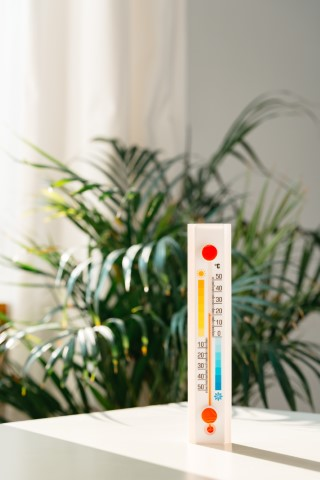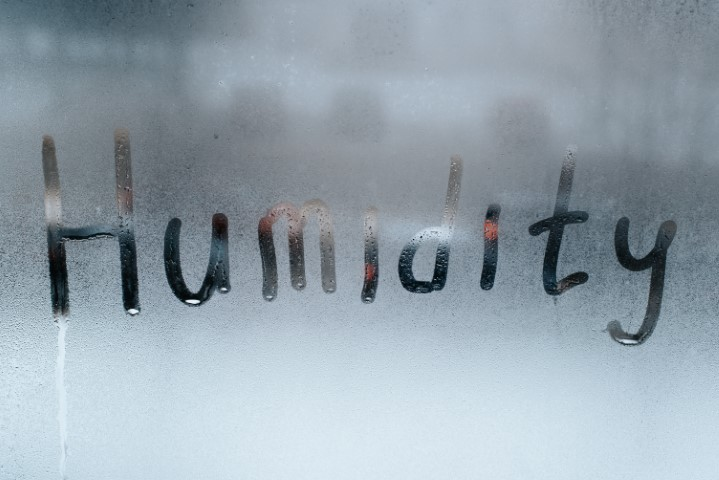In Florida and other humid climates, the changing seasons bring more than just shifts in temperature—they bring fluctuations in humidity that can quietly and significantly impact your home. While most homeowners prepare for hurricanes and rainstorms, many overlook the damage that seasonal humidity can cause. From warped floors to hidden mold colonies, elevated moisture levels in the air can wreak havoc on your home’s structure and indoor air quality. Understanding the risks of seasonal humidity damage is key to protecting your property year-round.
What Is Seasonal Humidity?
Humidity refers to the amount of moisture in the air. In places like Florida, relative humidity often stays high, especially during the spring and summer. As temperatures rise, air holds more water vapor, which increases indoor humidity if your home isn’t properly sealed or ventilated. Even in cooler months, a sudden warm front or poorly ventilated space can create pockets of high moisture. Over time, this consistent exposure to moisture—without visible leaks or storms—can lead to real structural and environmental problems.
Common Signs of Humidity Damage
One of the biggest dangers of seasonal humidity is that its effects are slow and subtle. You might not notice damage right away, but certain red flags can indicate that moisture levels in your home are too high. These include condensation on windows, musty odors, warping in wood floors or furniture, peeling paint, and rust on metal fixtures. In more advanced cases, you may see mold appearing around baseboards, behind furniture, or in closets. High humidity can also affect drywall, causing it to weaken or develop discoloration.
The Link Between Humidity and Mold
Mold thrives in warm, moist environments—making Florida homes especially vulnerable. When humidity levels exceed 60 percent indoors, conditions are ripe for mold growth. This can occur in bathrooms, kitchens, attics, basements, or even inside HVAC systems. Once mold spores begin to spread, they can compromise air quality, trigger allergies, and even cause respiratory issues. Seasonal humidity can feed mold behind walls and under flooring without homeowners noticing until the problem becomes serious. Preventing and remediating mold caused by hidden moisture requires professional attention and the right equipment.


How Seasonal Humidity Affects Building Materials
Extended exposure to high humidity can compromise your home’s structural integrity. Wood absorbs moisture from the air, causing it to swell, warp, and eventually rot if left unchecked. This includes not only floors and cabinetry but also framing and support beams inside your walls. Over time, this can lead to sagging floors, cracking walls, and doors that no longer close properly. Insulation may also become less effective as it absorbs moisture, and HVAC systems can struggle to keep up—leading to higher energy costs and poorer indoor comfort.
What You Can Do to Protect Your Home
Managing seasonal humidity starts with prevention. Use a hygrometer to monitor indoor humidity levels, aiming to keep them between 30 and 50 percent. Invest in a quality dehumidifier, especially during spring and summer months. Make sure your home is properly sealed with functioning ventilation in kitchens, bathrooms, and laundry rooms. Regularly check for signs of moisture buildup in less visible areas like behind furniture, under sinks, and in attics or crawl spaces. Routine HVAC maintenance is also crucial to prevent humidity buildup through ductwork.
ARC Helps You Address the Damage You Can’t Always See
Seasonal humidity is more than an uncomfortable inconvenience—it can lead to long-term damage that compromises your home’s safety, air quality, and value. If you’ve noticed signs of seasonal humidity damage, such as mold, warped floors, or a musty smell, don’t wait for the problem to escalate. At ARC, we specialize in comprehensive water damage restoration, mold remediation, and structural drying to protect your home from both visible and hidden moisture-related issues. Contact us today to schedule an inspection and restore your peace of mind.


